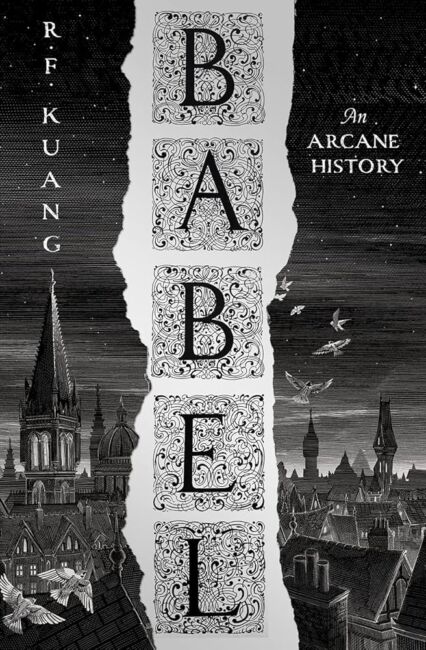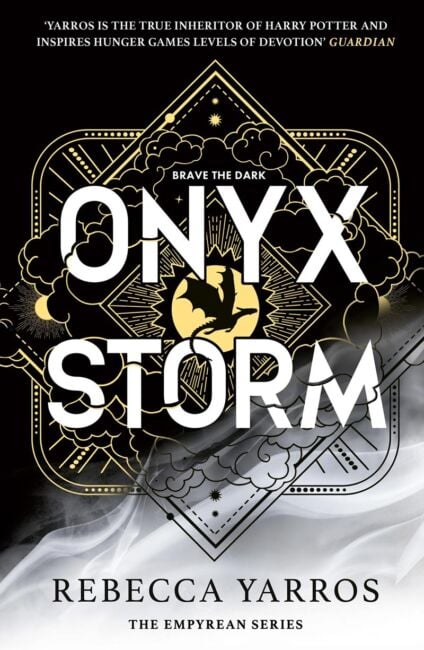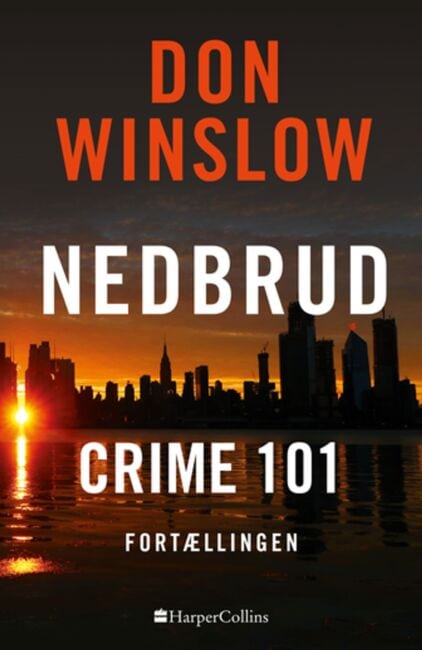Babel
R. F. Kuang
A complex and, in the beginning, slow read, Babel explores colonialism in a fantasy, alternate world, interrogating the use of translation by the British Empire as a tool weaponised for good and bad. Due to the story being set mostly at Oxford University, the novel has fallen under the umbrella of ‘dark academia’, a subculture made famous on social media platforms such as TikTok.
It’s quite a weighty book, coming in at 545 pages, and requires deep focus and attention due to the intricacies of the story and characters. So, don’t expect to read this like a ‘normal’ story. Oh, and be prepared for some hefty footnotes too.
It’s important to note that the story deals with themes that may be triggering for readers, including, but not limited to: gender-based violence, child abuse, racial slurs, and violence. We advise doing some research before purchasing the book and to take care while reading it.
Often the allure of fantasy is escape from the real world, but there’s no escape here; Kuang’s use of the genre does not soften real history but sharpens it
- The Guardian
Babel is a historical fantasy novel that delves into student revolutions, resistance against colonial powers, and the pervasive influence of language and translation wielded by the British Empire. The novel explores the adage “Traduttore, traditore,” emphasising that every act of translation is inherently a form of betrayal.
Set in 1828, the story follows Robin Swift, a young boy in Canton, China, orphaned due to cholera and brought to London by the unknown Professor Lovell. Under Lovell’s guidance, Robin undergoes extensive training in Latin, Ancient Greek, and Chinese, preparing for enrollment at Oxford University’s esteemed Royal Institute of Translation — known as ‘Babel’. This institution, symbolised by a towering structure, serves as the epicentre for translation and magic, particularly the art of silverworking.
Whilst Oxford brings new friends and the excitement of knowledge, Robin begins to grapple with the conflict of allegiance to Babel and his loyalty to his home country. Faced with Britain’s unjust war against China involving silver and opium, Robin must make a pivotal decision.
Babel has earned tremendous praise and deserves all of it… inventive and engaging, passionate and precise
- The New York Times
Who is R. F. Kuang?
A New York Times and Sunday Times bestselling author, Rebecca F. Kuang’s work has won the Nebula, Locus, Crawford, and British Book Awards. As well as Babel, Kuang is the author of the ‘Poppy War’ trilogy, a historical military fantasy series, Yellowface, and Katabasis, her next release.
Kuang has an extensive education background, achieving an MPhil in Chinese Studies from Cambridge University and an MSc in Contemporary Chinese Studies from Oxford University. Currently, she is working on a PhD in East Asian Languages and Literatures at Yale, studying Sinophone literature and Asian American literature.
Want to read more?
Keen to read more dark academia novels like Babel? Why not peruse some of our previous book reviews in similar genres such as Dramas, Thrillers, and Fiction?
In the meantime, keep up-to-date with our latest reviews page to find out what books we’ve been reading recently, and visit the Victoria Freudenheim blog for more literary advice and news.

| ISBN | 9780008501853 |
|---|---|
| Pages | 545 |



